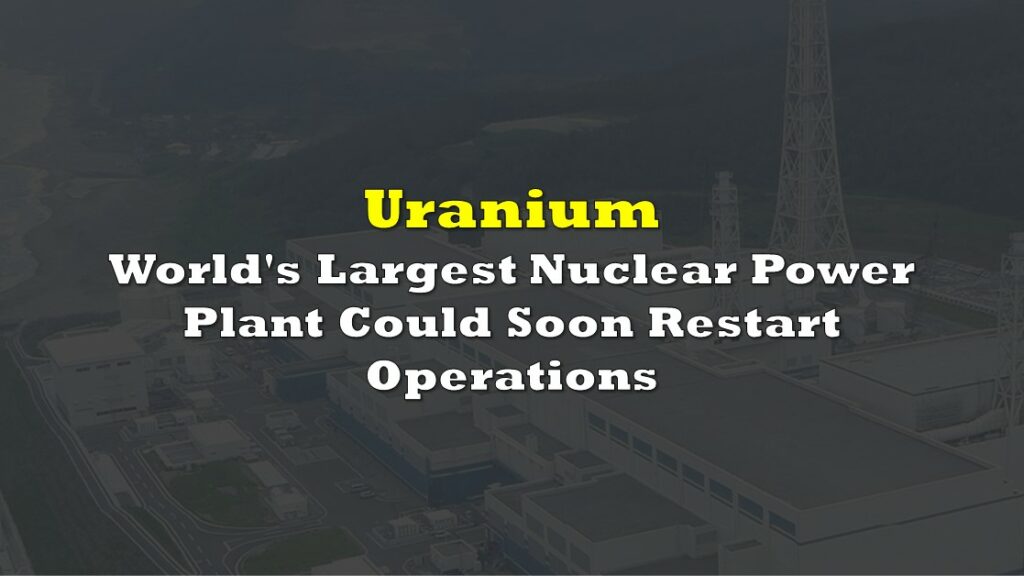Nova Scotia is poised to lift its four-decade ban on uranium mining after a government bill cleared for third reading in the provincial legislature this week, potentially allowing the Canadian province to join the global clean energy supply chain.
The reversal comes as modern mining techniques have evolved significantly since the original 1981 moratorium, which was later strengthened to a full ban in 2009 under the previous NDP government.
🇨🇦☢️ Miners laud bill to end Nova Scotia uranium ban
— Tracy Shuchart (𝒞𝒽𝒾 ) (@chigrl) March 30, 2025
Nova Scotia’s plans to end its decades-long ban on uranium mining and exploration would allow the province to play a key role in the world’s clean energy supply chain, says Sean Kirby, executive director of the Mining…
“Modern uranium mining is a safe, environmentally responsible activity that is essential to achieving climate goals,” said Sean Kirby, executive director of the Mining Association of Nova Scotia (MANS). “There is no health, safety or environmental reason to ban uranium.”
Current uranium extraction primarily uses solution mining or in-situ leaching, which causes minimal surface disturbance and produces virtually no tailings or waste rock, according to MANS.
Nova Scotia was once a significant uranium exploration area in the late 1970s, attracting major energy companies like Shell and Esso, who invested tens of millions of dollars before public health concerns halted activities.
Public opinion appears to favor the change, with a MANS poll indicating 54% of Nova Scotians support uranium mining while only 22% oppose it. The province’s mining and quarrying sector currently employs over 3,000 people with average annual compensation of C$102,000.
Premier Tim Houston presented Bill 6 as an opportunity for Nova Scotia to capitalize on its natural resources amid ongoing trade tensions with the United States. Energy Minister Trevor Boudreau has also backed the legislation.
“Nova Scotia has potential for uranium,” Kirby noted. “Lifting the province’s uranium ban will let us see whether our deposits are economically viable and whether we can contribute to global supply of this critical mineral.”
While the exact extent of Nova Scotia’s uranium resources remains to be determined, some experts have identified geological similarities with Canada’s uranium-rich Athabasca Basin in northern Saskatchewan, suggesting significant potential.
The move comes as global demand for uranium rises with renewed interest in nuclear energy as a low-carbon power source. If reserves prove viable, Nova Scotia could position itself as a key supplier in the transition toward cleaner energy systems.
Information for this story was found via the sources and companies mentioned. The author has no securities or affiliations related to the organizations discussed. Not a recommendation to buy or sell. Always do additional research and consult a professional before purchasing a security. The author holds no licenses.









